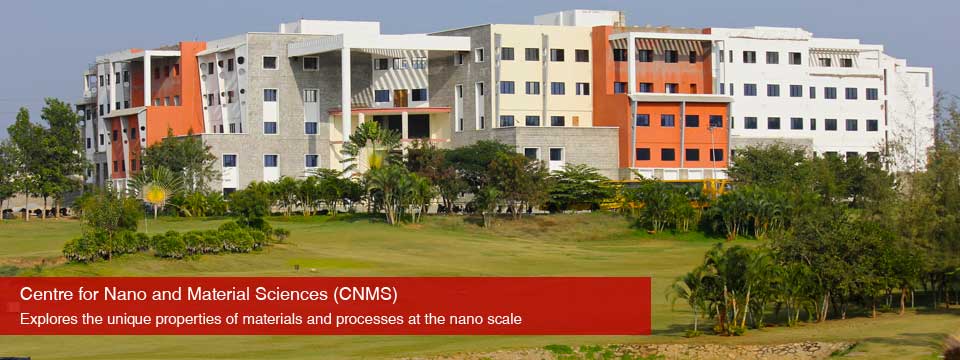Biologically relevant NHC-complexes
Transition metal-NHC complexes of silver(I), gold(I/III), palladium(II) and ruthenium(II) have been extensively investigated because of their successfulapplications in bioorganometallic chemistry. Especially, silver(I)-NHC complexeshave received special attention by the organometallic chemists because of their remarkableanticancer and antimicrobial activity against numerous human derived pathogens.However, the basic challenge in designing silver(I)-NHC complexes for biological applicationslies in the slow and sustained release of silver cationsin the affected area over a period of time, so that the cytoplasmconstituents leak and cause targeted cell death.Silver(I)-NHC complexes can slowly release silver cations atthe wound site, enabling improved prevention of infectionand promoting better healing.
In our group we work on design and synthesis of new bis-NHC silver(I) complexes for antimicrobial and anticancer studies. It is also intended to study the release property of these drugs at the infected site by coating it in a biodegradable polymer. Representative Contributions: S. Budagumpiet al. Eur. J. Inorg. Chem.2013 (2013) 4367- 4388; S. Budagumpiet al. Inorg.Chim.Acta392 (2012) 61-72; R.A. Haque et al. Metallomics, 5 (2013) 760-769.
|



